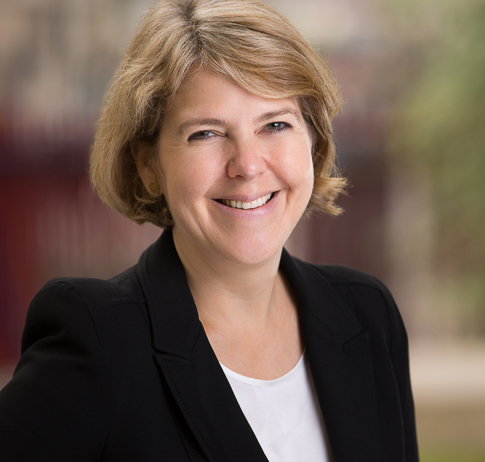Nobody goes into their workplace hoping to discover wrongdoing. Yet if an individual does discover a serious issue, such as financial impropriety or a safety violation, their next steps could define the rest of their career – perhaps the rest of their lives.
“Organisations are awash with mission statements, values and speak up policies,” says Meriel Schindler, lead partner in Withers’ London employment team. “Everyone talks about transparency. But when someone raises something that is uncomfortable, those in charge don’t always welcome it.”
Few whistleblowing cases ever become public, but Meriel’s experience suggests that the vast majority follow the pattern of well-known examples such as Sherron Watkins, a former Enron vice president who highlighted accounting fraud and corruption to its chief executive, who immediately sought advice on how to fire her.
One whistleblower consulted us after being dismissed from a prominent bank, where he had worked in foreign exchange. As was reported in the press, the dismissal came in the wake of the LIBOR benchmark rigging scandal, which cost global banks more than £10 billion in regulatory fines. The case was eventually settled – but more than a year later the whistleblower is yet to find another job in banking.
Faced with this bleak outlook, many people choose to leave their jobs without blowing the whistle. Yet others feel a moral imperative to speak up.
That was the case for Pav Gill, the Singapore-based in-house lawyer who discovered serious financial improprieties at Wirecard. To remain quiet would have meant compromising his professional ethics. However his principles cost him dearly. After Wirecard tried to supress Pav's attempts to whistleblow and initiate investigations into the red flags, he was forced out of Wirecard. Thereafter, he lived in fear for his personal safety, being at the receiving end of retaliation from the company in the form of intimidation, threats, and being tailed. “It took tremendous courage for Pav to do what he did, at the cost of drawing Wirecard's wrath” observes Amarjit Kaur, the partner who advised Pav.
A lack of proper legislation to protect whistleblowers means that retaliation by employers is common in Singapore, says Amarjit. Yet employees continue to report wrongdoing, often believing that their multinational employers will protect them from, for example, bullying or harassment. “Employees often hope that the bad behaviour will stop. They may also have some greater ideal of preventing others from going through the same experience,” says Amarjit, who is also our global lead partner for diversity & inclusion.
One senior employee at a large company with US headquarters told an HR director that she was being sexually harassed by her male boss. Instead of investigating, her colleague commented that she was lucky – the man was attractive. The harassment continued, harming the whistleblower’s wellbeing to the extent that she was forced to take mental health leave, during which she was fired.
We were able to negotiate an almost unheard-of settlement with the company, which needed to protect its reputation after similar accusations had appeared in the media. The whistleblower was pleased, but has still been left traumatised by her experience and with a potentially damaging gap on her CV. “This is an egregious pattern of behaviour and employers do it with impunity,” comments Amarjit.
The experience of whistleblowers may be more positive in the United States, where the Securities Exchange Commission offers whistleblowers money for reporting information that leads to a prosecution. More than $700 million has been paid to more than 100 individuals since the programme began in 2012.
Whatever legal protections are available, though, there is likely to be reputational damage on both sides, as Pav Gill reflected in an interview with the Financial Times. “I don’t like the term whistleblower, honestly,” he said.
Remaining silent, of course, also comes with risks. Several of Mr Gill’s former Wirecard colleagues are now in custody on fraud charges. Had he made a less principled decision, he could have found himself among them.


